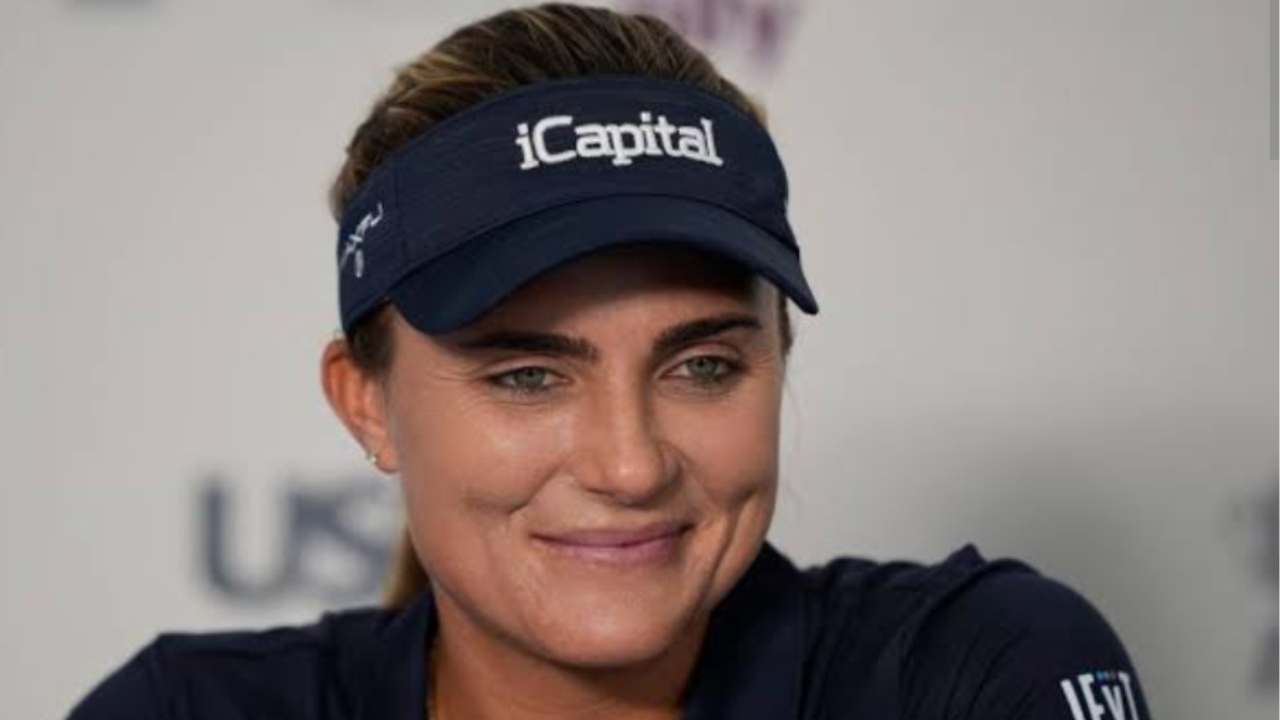Lexi Thompson, a prominent women’s golfer, announced her retirement at 29 due to mental health concerns, sharing the news through an open letter on Instagram on May 28 alongside images from her career.
“Although this has been an amazing journey, it hasn’t always been an easy one. Since I was 12 years old, my life as a golfer has been a whirlwind of constant attention, scrutiny and pressure.
The cameras are always on, capturing every swing and every moment on and off the golf course,” she said.
“Social media never sleeps, with comments and criticisms flooding in from around the world. It can be exhausting to maintain a smile on the outside while grappling with struggles on the inside.

“By opening up about my own battles, I’ve been able to connect with others who feel isolated in their struggles, offering them a sense of community and understanding. Each time I share, it reinforces the message that it’s OK to not be OK, and that seeking support is a sign of strength, not weakness.”
She expressed contentment with her decision, revealing she will depart from full-time participation in golf by the end of the year.
“While it is never easy to say goodbye, it is indeed time,” she wrote.
“I’m looking forward to the next chapter of my life,” she continued. “Time with my family, friends and my trusted companion (dog) Leo. I will always look for ways to contribute to the sport and inspire the next generation of golfers. And of course, I look forward to a little time for myself.”
Thompson elaborated on her retirement decision during a press conference at the U.S. Women’s Open in Lancaster, Pennsylvania, held on May 28.
“Being out here, it can be a lot. It can be lonely. Sorry if I get emotional,” she said while fighting back tears.
“They don’t realize a lot of what we go through as a professional athlete,” she continued, while adding that “words hurt.”
She also opened up about just how much mental health played a role in her decision.
“I think we all have our own struggles, especially out here,” she said. “Unfortunately in golf you lose more than you win, so it’s an ongoing battle to continue to put yourself out there in front of the cameras and continuing to work hard and maybe not seeing the results you want and getting criticized for it. So it’s hard.
I will say, yes, I’ve struggled with it. I don’t think there’s somebody out here that hasn’t. It’s just a matter of how well you hide it, which is very sad.”

Lexi Thompson has been a standout in golf, making history by qualifying for the 2007 U.S. Women’s Open at just 12 years old and accumulating 11 victories and 88 top 10 finishes on the LPGA Tour.
She represented the United States in the 2016 Rio Olympics and the 2021 Tokyo Games, and participated in the Solheim Cup six times.
Her retirement announcement follows the tragic death of PGA Tour golfer Grayson Murray, who struggled with mental health, and the revelation from Los Angeles Rams quarterback Stetson Bennett about taking a break from the sport to focus on his mental well-being.
Simone Biles made headlines during the 2021 Summer Olympics in Tokyo when she withdrew from several events citing mental health concerns.
Similarly, in 2022, Ohio State University offensive lineman Harry Miller announced his retirement from football due to mental health struggles, which included contemplation of suicide.
These instances highlight the growing awareness and importance of prioritizing mental health in sports.
“I would just say hope is just pretending to believe in something until one day you don’t have to pretend any more,” he said to anyone struggling with their mental health.
“And right now we have all the logic, all the rationale in the world to give up on it. And I just ask, pretend for a little bit, and then one day you won’t have to pretend any more and you’ll be happy.”


